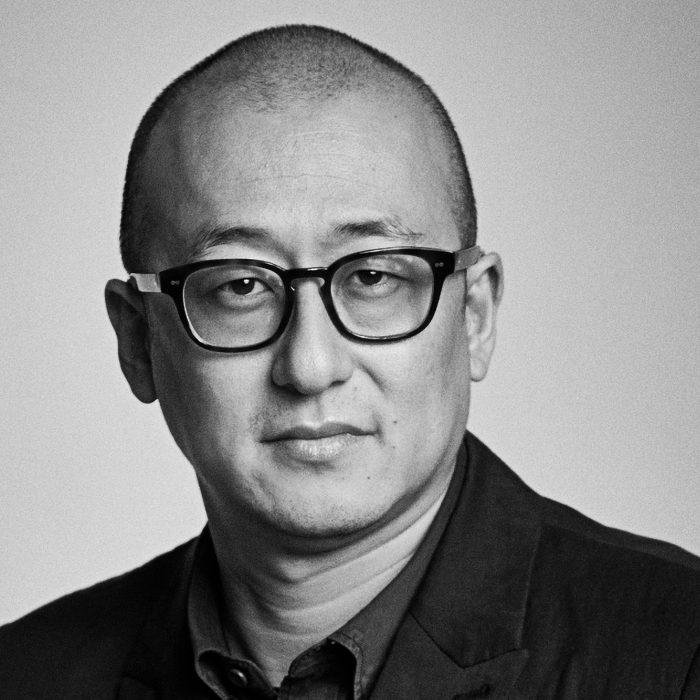
Be agile, principled and sustainable
Listen
Subscribe
In This Podcast
- Choosing a future-proof business model
- Companies should be agile, principled and sustainable
- Getting globalization and digitization right
- Why we need to take about corporate board composition
- Our job as leaders is to motivate all stakeholders
- What the world needs the most right now
William Kim is the former CEO of All Saints, a global contemporary retail and digital fashion brand. He is currently working with Lion Capital, a private equity firm specialising in investments in the consumer sector. Today William talks about why it’s important to choose a future-proof business model, why it’s important for companies to be agile, principled and sustainable, how to get globalization and digitization right, why we need to talk about average corporate board composition, why we need to remember that our job as leaders is to motivate all stakeholders and what the world needs the most at this point.
Show Notes
Choosing a future proof business model
In William’s opinion, a company’s mission is to deliver a great product and service, while making sure they leave a sound business model behind.
He believes that leaders should not only leave the company in a better state, but to leave it in a future-proof state. This requires having a long-term, 8 to 10-year vision.
Equity is a very important concept for William. He wonders why in the world of fashion everything is usually made between New York, Paris, Milan and London, and consumed especially in the Middle East to South Korea. On the other side, he notes that the majority of tech devices are created out in the Eastern countries and consumed globally (especially in Western countries).
William believes that it’s time for leaders all over the world to become aware of this and start building businesses in their native countries. He’s passionate about doing something nobody else has done before, and doing it in a way that breaks as many barriers as possible.
Be agile, principled and sustainable
William’s advice to companies is all about having a forward-thinking model that is sustainable. In his opinion, companies should stand for something. Successful business models of the future are principled, they have ethos, they are trying to create a positive change in society. People look up to them.
What is his long-term formula for businesses? Be dynamic, always willing to keep up with the times. The world we know today is going to be very different in a few years’ time. Consumers are changing faster than businesses are. So if you’re not agile as a business, how can you stay relevant?
He also believes that companies should focus on getting two things right:
- Globalization – learning to appreciate the differences in international markets
- Digitization – something few companies fully dare to get their hands into
We need to talk about average board composition
If William had all resources available, what would he innovate or change? Corporate board composition. He believes that corporate boards should be diverse, gender balanced, and also idea balanced.
His advice to leaders? Figure out what you want your legacy to be. How do you want to make society better? Why do you wake up every day?
As we become leaders, we should constantly try to improve ourselves and learn. We need to find our identity and advance at a higher rate than previous generations. At the end of the day, it’s all about what we are taking and how much we can give back.
Our job as leaders is to excite and motivate all stakeholders
Every generation has a cause and a belief for disrupting society, like equality or gender equality. Our generation believes in sustainability, we’re not a materialistic generation. We are far more open-minded about the shared economy than our parents were. William looks at the future and finds it extremely bright.
His advice to his younger self: be daring, live with your heart, don’t overassess. With the abundance of facts and information, we as leaders must not lose focus that ultimately our job is to motivate all stakeholders. At the end of the day, facts can give us a certain foundation, but we are the ones who need to define what the shape of the building will be. Nobody is going to tell us that.
What does the world need the most right now? We need to simply forget our backgrounds. Because of social networks the world has become smaller. It’s scary that nationalistic behaviours are on the rise. What the world needs the most is fewer walls and borders.
If the talk resonates with you, we’d recommend you listen to this episode too: Link to Zameer Kassam


